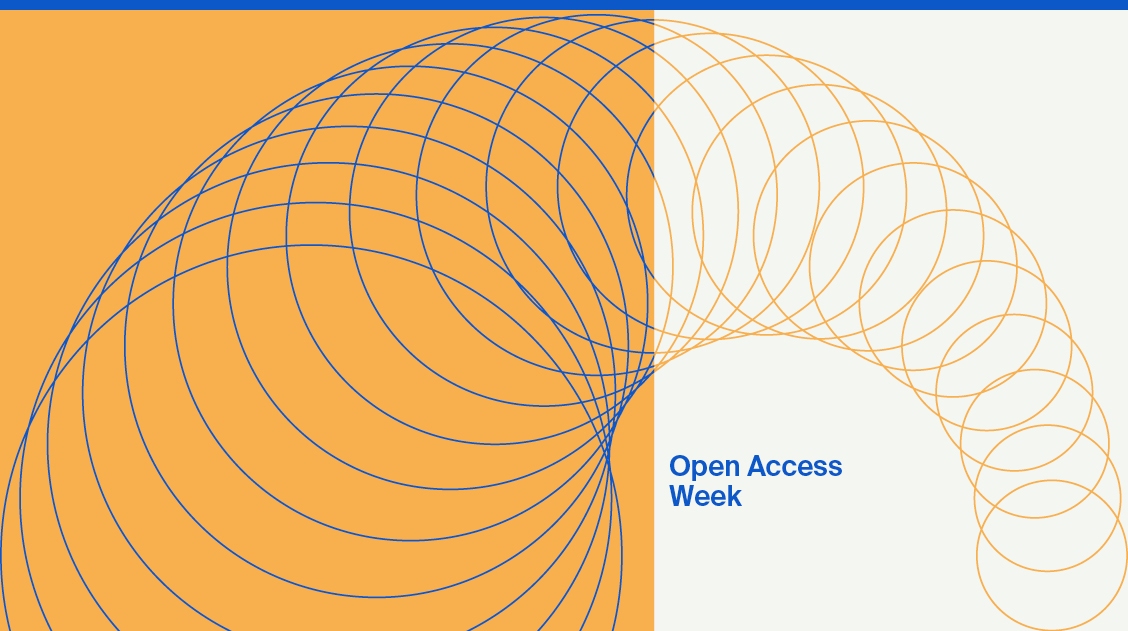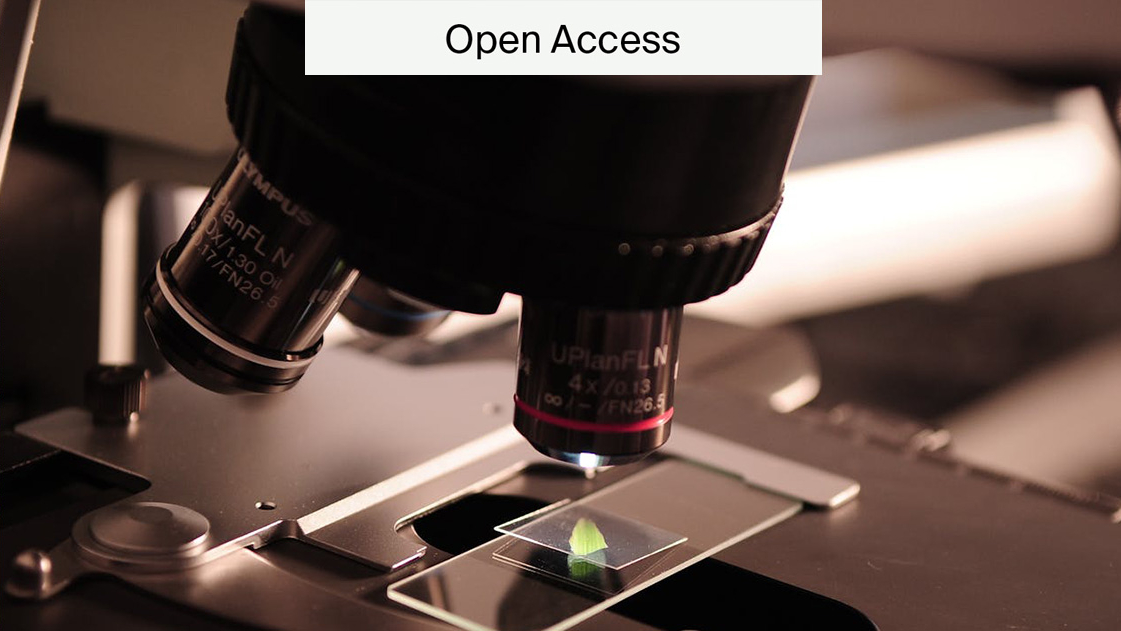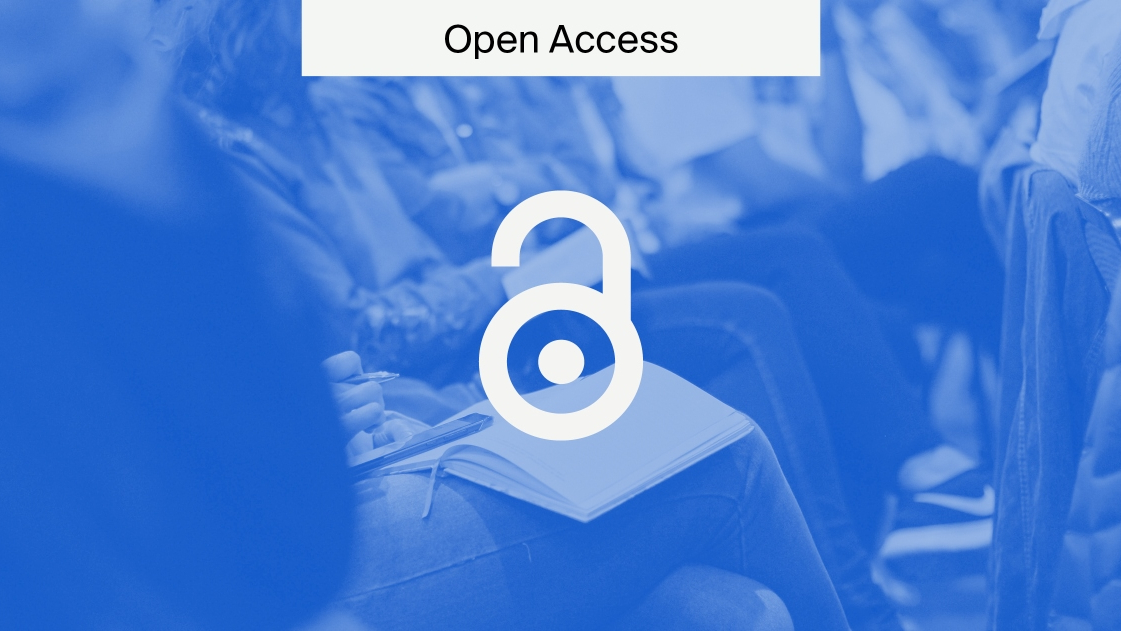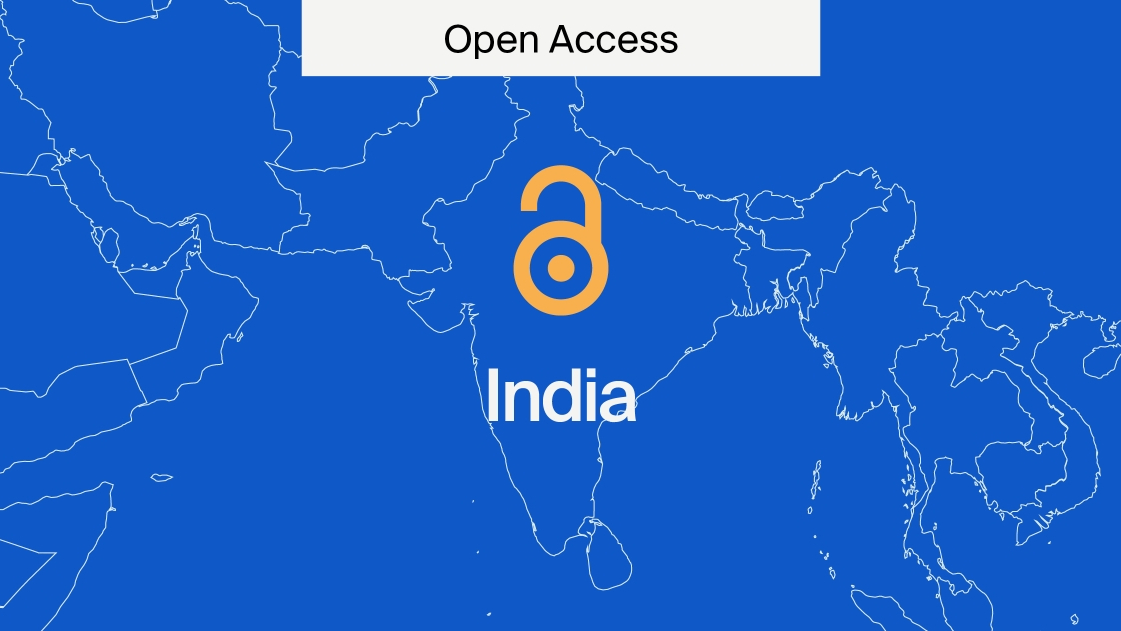
Research Integrity Promotes Open Access Practices
Open Access (OA) has revolutionized and democratized scientific communication by removing paywalls and making research freely accessible globally. OA practices aim to accelerate scientific progress by making information immediately available to reuse and build upon. This progress heavily relies on the integrity of the research being shared.
Here, we will explore how research integrity supports the goals and practices of OA and introduce MDPI’s Research Integrity team.
What is research integrity?
Research integrity encompasses the adherence to ethical principles and best practices while conducting and reporting research findings. Research integrity builds the foundation of trust within the scientific community and protects the public from harm that may result from unethical practices.
Trust is maintained through honesty, transparency, accountability and respect, all of which are at the core of country-level or institutional scientific codes of conduct. In 2010, one of the first internationally recognized codes of conduct was the Singapore Statement on Research Integrity signed by 51 countries.
The Singapore Statement was designed to address integrity values across all fields of research, and resulted in 4 principles:
- Honesty in all aspects of research
- Accountability in the conduct of research
- Professional courtesy and fairness in working with others
- Good stewardship of research on behalf of others
Researchers are expected to truthfully plan, record and report their findings. They should take full responsibility for their research, ensuring it is conducted ethically and responsibly. Collaborators and peers should be treated with respect, avoiding bias, for example when peer-reviewing each other’s work. And finally, research fundings and resources should be used appropriately, and should be accessible to all for the benefit of society.
These principles have been mirrored in other codes of conduct such as the European Code of Conduct for Research Integrity and UK Concordat to support Research Integrity, both highlighting the importance of honesty, accountability and respect, as well as further elaborating on the importance of transparent and open communication and the reliability of research produced.
As research practices evolve, so do the ethics standards as new factors need to be taken into account. With the rise of OA and adherence to Open Science practices, researchers from around the world share and build upon each other’s data. Therefore, it is important to establish new guidelines and standards to maintain integrity.
Responsible Open Science in Europe (ROSiE)
The European Code of Conduct for Research Integrity was expanded to also include separate guidelines on how to conduct Open Science (OS) responsibly, also known as the ROSiE project.
These general guidelines stress the ethical responsibility of researchers to adopt open research practices such as openly sharing their data, methods and tools. Openly sharing all aspects of the research lifecycle ensures reproducibility and enables reuse, creating a collaborative environment, as highlighted in a recent blog post on the The Importance of Open Data. Publishing research findings using the OA model is no longer a matter of preference or choice but an ethical and social responsibility.
However, care must be taken especially when sharing data obtained from research participants, or research that could be misused to harm the public. The ROSiE guidelines stress this point by calling for additional safeguards:
While OS is an essential component of responsible research practice, it should be balanced with other values, and additional safeguards should be created to prevent misuse and abuse.”
The link between research integrity and Open Access
The relationship between research integrity and OA is a mutual one. As we saw, research integrity principles support OA values and in return OA practices promote transparency and accountability which ensure research integrity.
A study that is not conducted rigorously and honestly is more easily identified if the authors have openly shared their data, have published and preregistered their protocols, and have detailed their methods openly. Reviewers, academic editors or readers can more easily detect mistakes and ensure these are rectified or the scientific record is corrected if needed.
Research that is behind a paywall and not accessible to the public, even if conducted with integrity, is still more prone to misinterpretation as readers do not have access to the full text, data or methods to fully understand the intricacies of the study. For example, if the public, policy makers and researchers could only draw conclusions from freely available abstracts, as is the case with articles published in subscription journals, there would be widespread confusion, and scientific progress would be halted.
As OA publications reach a larger audience, incidents of data fabrication or the spread of incorrect information can have extended repercussions. This can lead to loss of trust not only in the authors and the journal but may even extend to the whole research field, if other researchers have built upon the flawed data. Preventing scientific misconduct and the dissemination of erroneous research is critical within the OA landscape and transparency is key in achieving this.
Transparent practices
Transparency in research and when publishing research is a key element that directly links both OA and research integrity principles. The Committee on Publication Ethics (COPE), outlines the importance of transparency in adhering to best practices in scholarly publishing such as transparent policies on authorship, data sharing, conflicts of interest declarations, citation practices, rigorous peer review process. When these practices are combined with OA, they ensure the entire research process, from initiation to publication, is transparent and trustable.
Misconduct can also be prevented through transparency. At MDPI, we have implemented OA practices to promote research integrity and prevent misconduct. Establishing an extensive portfolio of OA journals is just the first step. In 2014, Open Peer Review, where reviewer reports and responses from authors are published alongside the final publication, was introduced to ensure accountability and a trustable and robust peer review process.
Clear open data policies informed by the TOP Guidelines and that adhere to the FAIR principles encourage authors to make their data findable, accessible, interoperable and reusable. Clear and transparent policies guide authors, reviewers, academic editors and guest editors to ensure they follow the highest publication standards.
MDPI’s Research Integrity Team
As a long-term member of COPE, maintaining the highest standards of research integrity and ethical publishing is central to our mission of fostering open science and scientific exchange. The Research Integrity team works closely with the journals and the editorial department to establish procedures that identify research misconduct early on and prevent research integrity breaches.
This specialized team works proactively to address possible issues, following the principles outlined by MDPI’s Publication Ethics:
- Prevention—early detection and flagging of potential ethics issues via automated and manual checks of peer review and manuscript.
- Neutrality—to be fair and objective, making assessments to correct the literature where necessary.
- Transparency—keeping all parties informed when possible and appropriate, and providing the time for them to respond.
- Consistency—ensuring standard processes are followed for the investigation of issues and applicability of policies and that principles and flowcharts of COPE are upheld.
Within this, the Research Integrity team works to promote and safeguard academic integrity by developing research integrity strategies, providing ethical guidelines, supporting the maintenance of correct process and procedures, upholding principles of publication ethics, providing education and assistance in dealing with ethics cases for our editors.
Meet the team
Dr. Tim Tait-Jamieson – Research Integrity Lead
In taking over the lead role of our expert Research Integrity team in December 2023, Tim plays a central role in developing and implementing MDPI’s publication ethics strategies, policies, and guides across more than 400 academic journals.
Coming from a Human Geography academic background, Tim Joined MDPI’s ethic department more than 3 years ago and has significant experience in investigating and resolving post-publication ethics concerns, as well as actively supporting publication ethics policy compliance across MDPI journals.
Dr. Ivana Resanovic – Research Integrity Manager
Starting in 2024, Ivana stepped into a Research Integrity Manager role, leading a unit of Research Integrity Specialists. She primarily specializes in image/data manipulation, and she recently joined the STM expert team for Image integrity.
Ivana is committed to improving ethics policies and guides and educating and supporting editorial teams in resolving complex ethical issues.
Ivana holds a Ph.D. degree in Animal and Human Physiology from the Faculty of Biology. She joined MDPI in March 2020 and has worked in several editorial roles until September 2022 when she was appointed as a Research Integrity Specialist and Ethics Committee Representative for the Serbian office. With her extensive research and editorial experience, she provides expert support in investigating and resolving pre-publication and post-publication concerns, ensuring the maintenance of correct processes and procedures.
Anna Pena – Research Integrity Manager
Anna has recently taken on the Research Integrity Manager role and currently supports a unit of Research Integrity Specialists. In her daily work, she advises Editorial teams on complex ethics issues and provides suggestions and feedback on MDPI’s research integrity resources. In addition, she supports the team’s overall organization.
Anna specializes in several ethics’ topics (paper mills, conflict of interest and intellectual property), offering her expert opinion around these integrity issues. Anna holds BS degree in French and MS degree in Latin-American Studies. She joined the MDPI Research Integrity team in January 2024, bringing 5 years of academic publishing experience.
Open Access strengthens research integrity
Research integrity sets the foundation for OS and OA to thrive. It promotes honesty, accountability, fairness, and the highest research standards. OA in turn strengthens research integrity through generating transparency.
Adopting transparent OA practices encourages accountability, leading to research that is credible, reliable and reproducible. This creates a robust system for advancing science, empowering researchers and benefiting society.
For more information regarding MDPI’s ethics policies, please visit our Research and Publication Ethics website or read more about the challenges and ethical responsibilities in publishing in our Ethics in Open access Publishing blog post.
This article was written by Ioana Craciun, Scientific Communications Specialist.











Thanks for importante I formato for me.
Thank you for taking the time to read our article.
All the best.